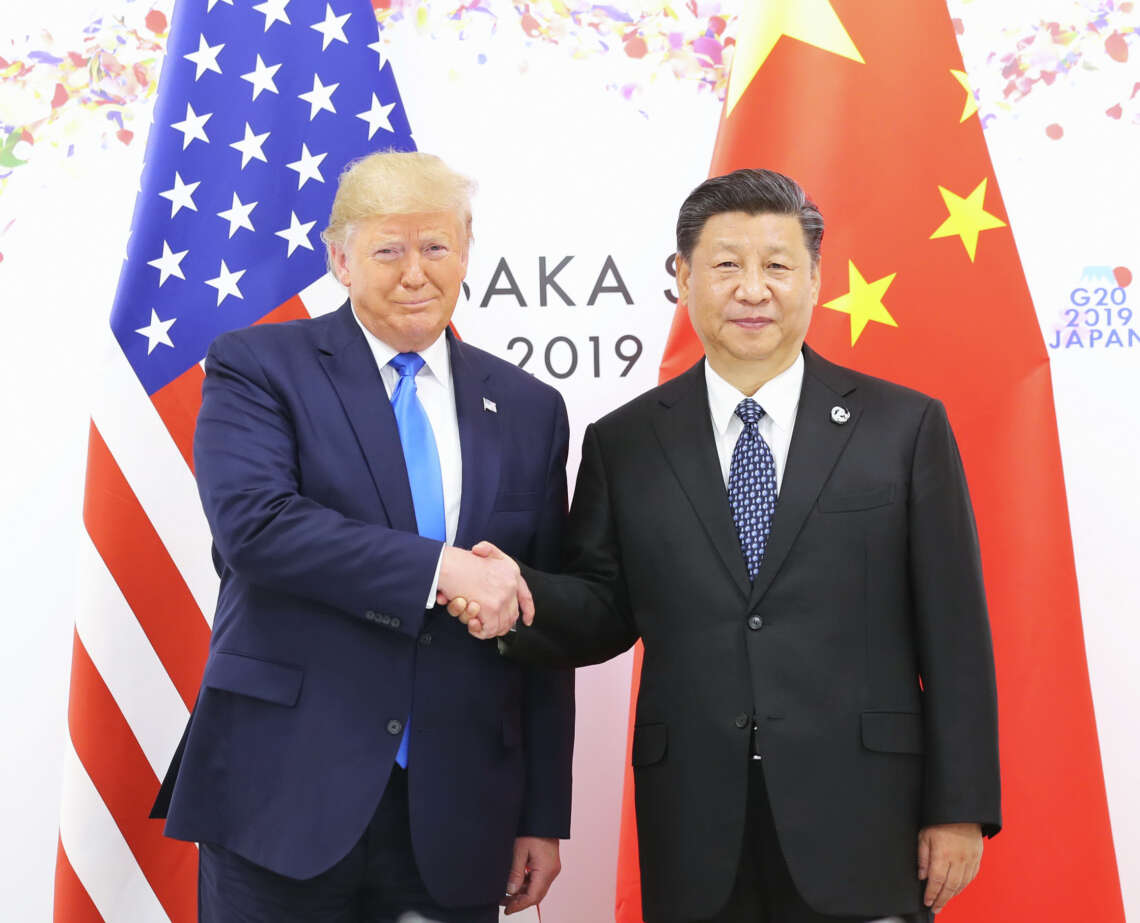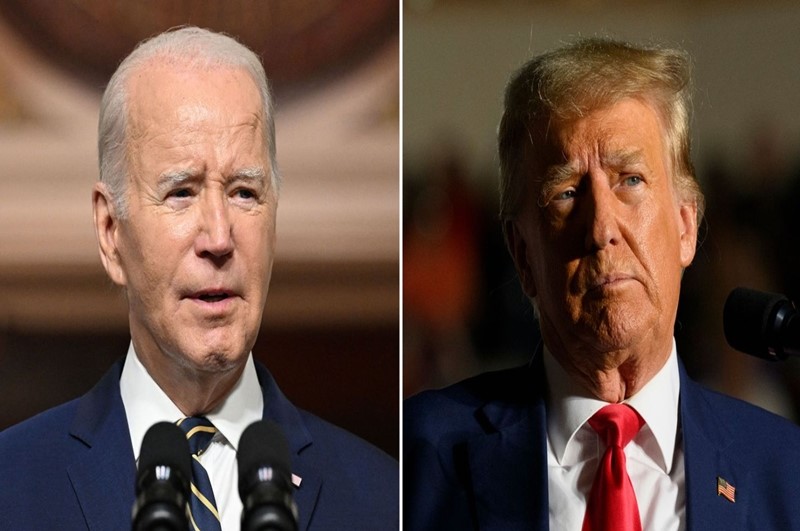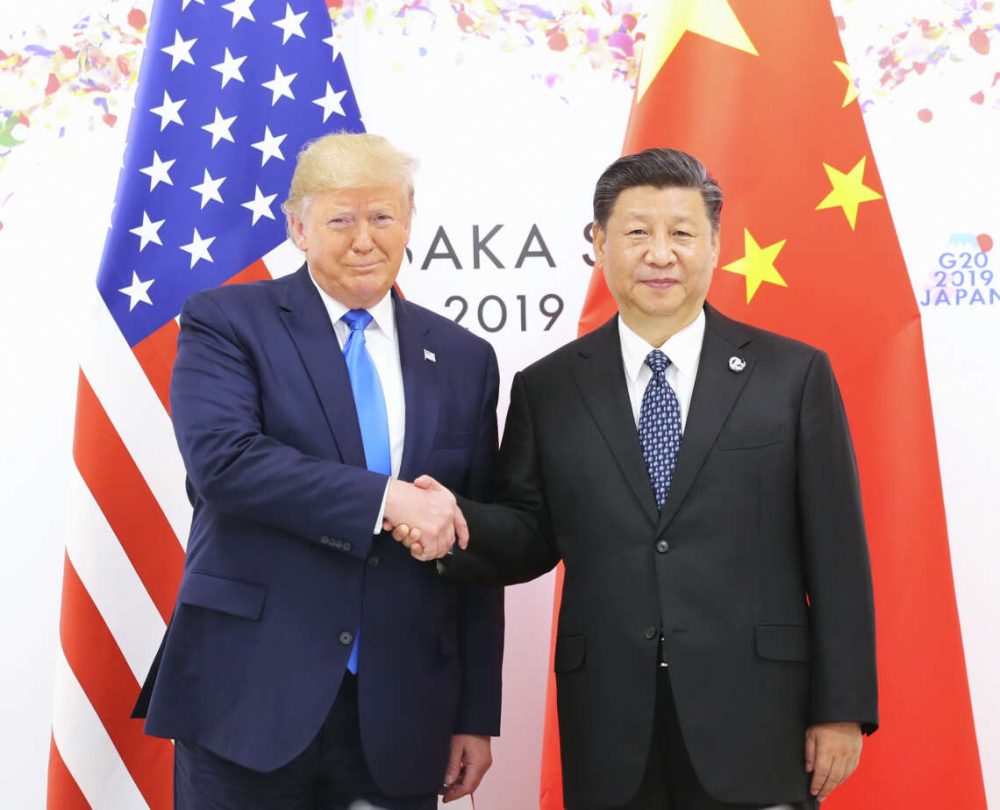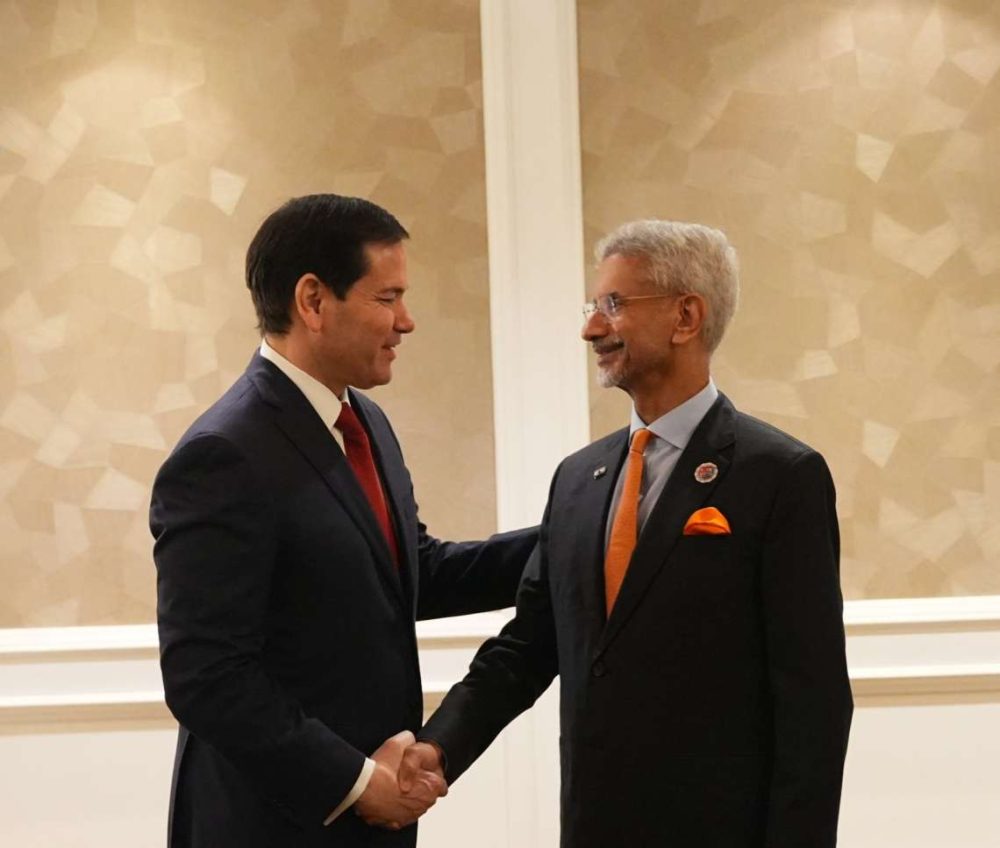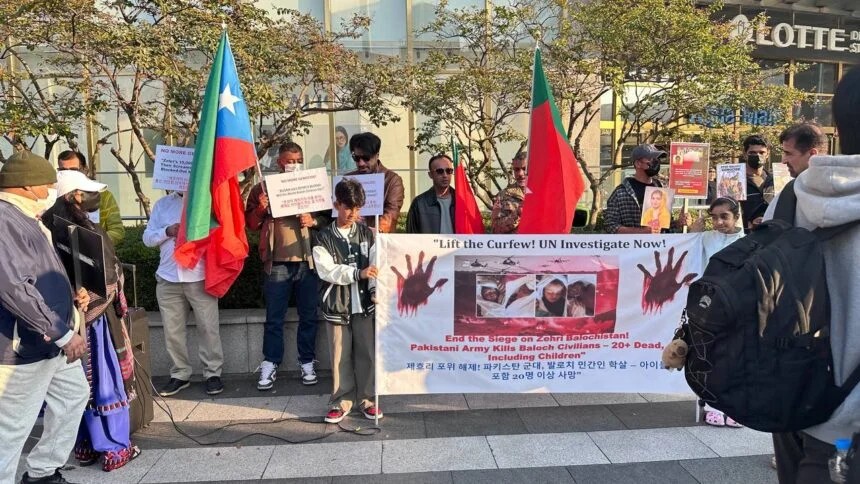Five countries in the region — Myanmar, China, North Korea and Vietnam — are among the world’s 10 most dangerous countries for media professionals in the 2024 rankings…reports Asian Lite News
China is among the world’s 10 most dangerous countries for media professionals in the 2024 rankings, Voice of America (VOA) reported.
Global media watchdog Reporters Without Borders (RSF) said that press freedom in Asia continues to see a decline, with 26 out of 31 countries falling on its annual index.
According to the group’s latest press freedom index, Asia is the second-most difficult region for practicing journalism.
Reportedly, five countries in the region — Myanmar, China, North Korea and Vietnam — are among the world’s 10 most dangerous countries for media professionals in the 2024 rankings, VOA reported.
Moreover, none of the countries in the Asia-Pacific region are in the top 15 ranking for press freedom.
Three of the world’s remaining communist governments, China, North Korea and Vietnam, have long been near the bottom of RSF’s press freedom index ranking of 180 countries.
This year, China was ranked 172, Vietnam 174 and North Korea 177, according to VOA.
Overall, these countries and territories that have shown a drop in press freedom in recent years, contributing to East Asia becoming a difficult place for media to operate.
Additionally, Hong Kong was once a model for press freedom in the Asia region, but the city’s ranking recently dropped from 80 to 148 following political unrest and new laws that affect media freedoms.
Since Beijing’s move to impose national security law in 2020, at least a dozen media outlets have closed.
Beijing said that the law has been necessary to stabilize the city following mass political unrest in 2019, reported VOA.
Aleksandra Bielakowska, an advocacy officer at RSF, emphasised that Hong Kong’s media freedoms still haven’t improved.
“The worst for Hong Kong is the political and legal factors. Hong Kong’s position is very low; the situation remains very difficult,” she said.
UNGA president invokes Gandhi
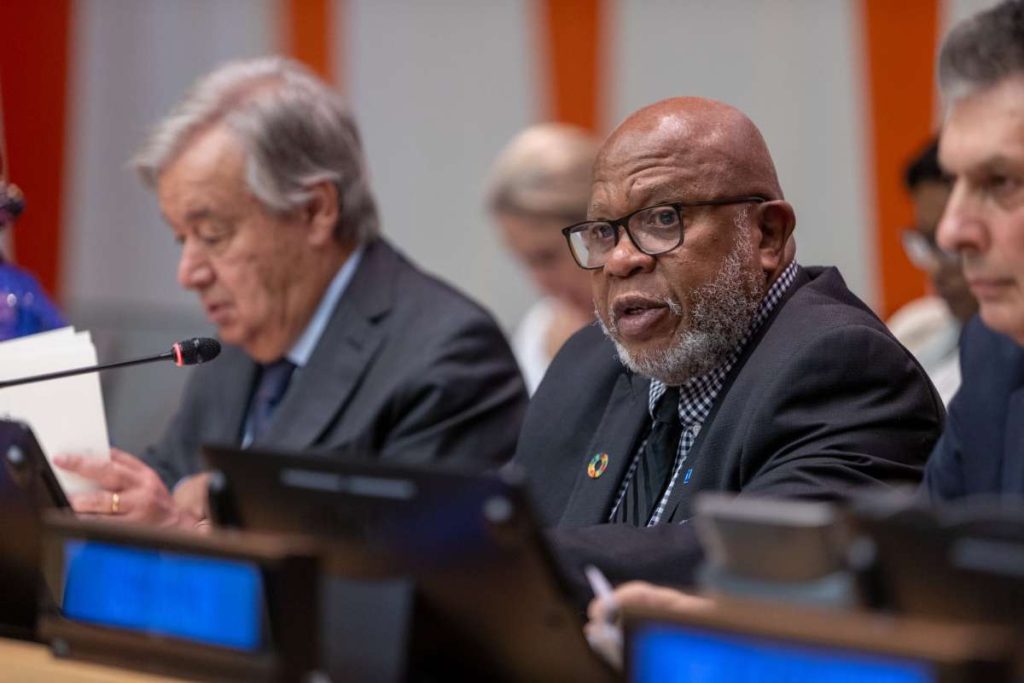
Invoking Mahatma Gandhi’s statement that “freedom of the press is a precious privilege that no country can forego”, General Assembly President Dennis Francis has called for reaffirming commitments “to protecting journalists and media workers worldwide”.
After posting the comment on the social media X on World Press Freedom Day, Friday, Francis issued a joint statement with Presidents Simona Mirela Miculescu of the UNESCO General Conference, Paula Narváez of the UN Economic and Social Council, and Omar Zneiber of the Human Rights Council, focusing on journalists covering the environment.
“We advocate for the strengthening of policies that promote free, independent, and pluralistic media, thereby fostering a vibrant and robust public sphere, a pillar of peaceful, just, inclusive, sustainable, and prosperous societies,” they said.
“We also recognise the role of journalists and media workers, including women, in raising public awareness about climate change, environmental and disaster issues,” they said.
According to Francis’s Spokesperson Monica Grayely, the World Press Freedom Day this year “is dedicated to the importance of journalism and freedom of expression in the context of the current global environmental crisis”.
Secretary-General Antonio Guterres said in a message, “The world is going through an unprecedented environmental emergency which poses an existential threat to this and future generations.”
“People need to know about this – and journalists and media workers have a key role in informing and educating them,” he said.
He said, “It is no surprise that some powerful people, companies and institutions will stop at nothing to prevent environmental journalists from doing their jobs. Media freedom is under siege. And environmental journalism is an increasingly dangerous profession.”
UNESCO reported that in the past 15 years, there have been about 750 attacks on journalists and news outlets reporting on environmental issues.
Guterres said that other journalists are also facing risks.
“Around the world, media workers are risking their lives trying to bring us news on everything from war to democracy,” he said.
“I am shocked and appalled by the high number of journalists killed in Israeli military operations in Gaza,” he said.
He said, “I call on governments, the private sector and civil society to join us in reaffirming our commitment to safeguarding press freedom and the rights of journalists and media professionals around the world.” (ANI/IANS)
Chinese media revoke entries from S. Asian journalism awards
A Chinese media organisation, Caixin Media, is distancing itself from participating in Asia’s high-profile journalism award, Nikkei Asia reported.
According to the same news report, this move is being initiated by the Chinese media organisation due to rising domestic pressure on those seen to be cooperating with foreign entities.
While quoting senior members Nikkei Asia report mentioned that Caixin Media, which won the Society of Publishers in Asia (SOPA) awards for five straight years from 2014 to 2018, has stopped submitting entries in recent years “for obvious reasons,” two senior staff members at the company told. “We cannot submit, even if we get invitations from overseas organizations, we just cannot participate,” said one of them.
SOPA was founded in Hong Kong as a not-for-profit organisation in 1982, aiming to champion the best journalism practices in the Asia-Pacific region. Its members include Bloomberg, The New York Times, and several Taiwanese media outlets. State media China Daily used to be a member too.
Similarly, Shanghai-based Sixth Tone, launched by The Paper, a digital news outlet run by the state-owned Shanghai United Media Group in 2016, also did not submit any entries this year.
Both The Paper and Sixth Tone dropped out of SOPA membership this year as well. The change follows a management overhaul late last year when Shanghai United Media Group set up a Shanghai Global News Network in October. Sixth Tone has since been a part of the network and is no longer under the supervision of The Paper, a senior executive from Shanghai United Media Group told Nikkei.
In reference to another media organisation ‘The World of Chinese’ dropping out Nikkei Asia quoted local sources claiming that “In the current political atmosphere, participating in overseas awards certainly carries political risks. I understand the choice made by the Chinese media, as survival is more important,” said one prominent journalism professor in Hong Kong, who asked not to be named.
Furthermore, the professor also claimed that “there are not many Chinese-language entries in SOPA already. If more Chinese language media drop out of the awards, it may have some impact on the authority of SOPA itself.” However, the SOPA did not comment when asked for a comment by Nikkei Asia.
The same report claimed that, Chinese media organisations Caixin and Sixth Tone have come under serious scrutiny from nationalists for their sometimes critical reporting of Beijing. Moreover, Caixin’s investigative reporting has been repeatedly attacked by nationalists for “handing a knife” — a Chinese idiom referring to providing someone with weapons to fuel criticism of another party — to the West to “smear China.”
Sixt Tone on the other hand, in several of its reports reviewing the oppressive Zero-COVID measures, used words like “baby bust,” “housing crisis,” “gender violence,” and “COVID” which highlighted a gloomy picture of the country. The project triggered a backlash from nationalists, who attacked the outlet for “frequently winning the West-acknowledged international awards such as SOPA” with “a clear Western filter that smears China.”
“The current situation is that submission for international awards like SOPA is not allowed from above, and those below are also scared to submit” a senior executive of Sixth Tone stated. He also informed Nikkei Asia that after the attack by nationalists on their outlet Shanghai, the authorities asked to write self-reflections.
Luwei Rose Luqiu, an associate professor at Hong Kong Baptist University, said Chinese media’s distance from SOPA indicates a further tightening of press freedom in the country, to the point where even the space for Chinese English media, which used to be relatively lenient and aimed to align with international peers, is narrowing, the report mentioned. “However, for Chinese media, whether to participate in SOPA has little impact because such awards do not affect their readership,” she added. (ANI)
ALSO READ: Pakistan, Iran, China Plan Trilateral Defence Talks



